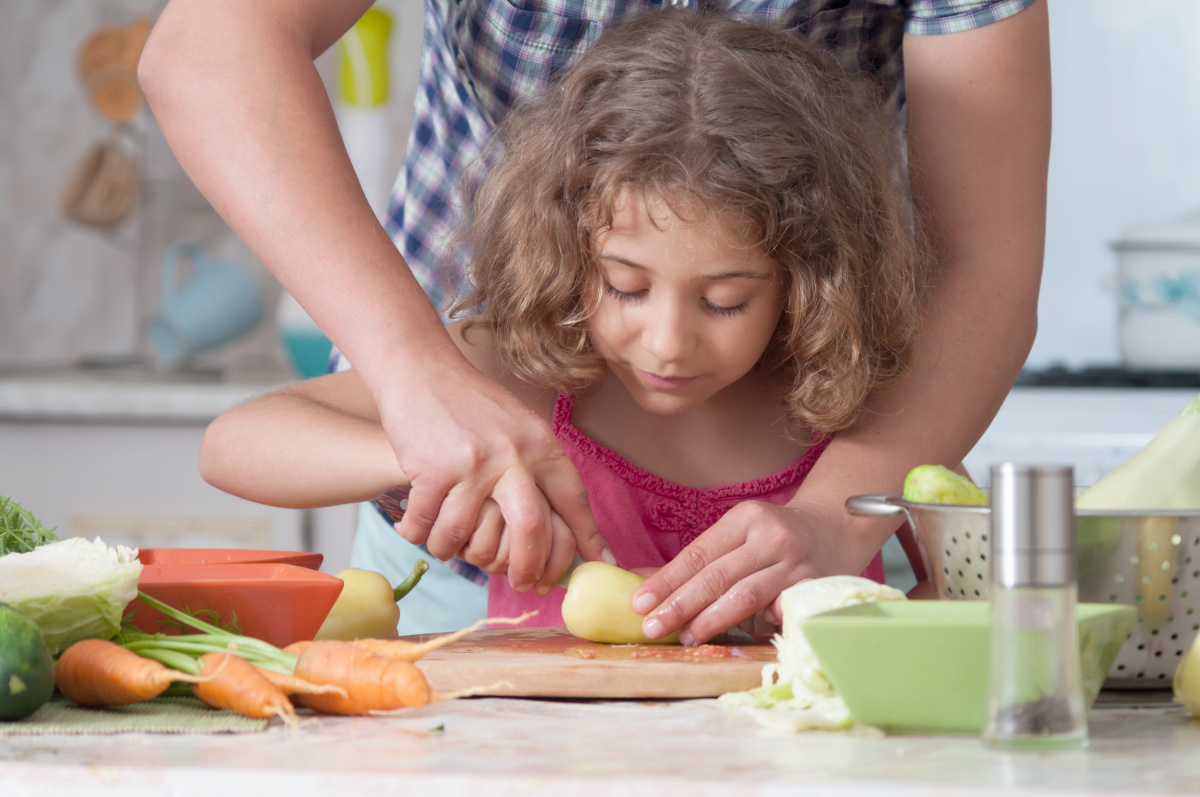
A new era of alternative life choices have ushered in an array of alternative diets. Everyone is looking for that magical combination of foods that makes their waistline, and their problems, go away.
Unlike many of the choices liberal Americans are making that destroy families, some of the food initiatives have promoted family health.
The one thing that comes particularly to mind is a diet that incorporates more fruit and vegetables, while eliminating poultry, beef, seafood, and processed food.
This is called a vegetarian diet. Usually, when an individual chooses a salad and cup of nuts for lunch, they are probably just viewed as “health” eaters, and not much more is thought of it.
When the term vegetarian is thrown around, it usually gets a couple odd stares, the occasional question, or the popular “I could never do that” comment.
Now, imagine a play date where the kids are going to the playground and then going to have a picnic lunch.
As the blanket is spread out and the parents meticulously set up the kids’ food in front of them (just to be tossed around), you lay out carrot sticks and hummus, grapes, and trail mix.
Mothers look on in awe as they question, “your kid will actually eat that?”, and “my kid is too picky to eat a plate like she has.”
All is well, until you respond that your child is vegetarian. Some give the inquisitive eyebrow, while others give a quick judgmental scoff.
Raising vegetarian children is often considered extreme. The question is why?
For centuries many of the ancient cultures around the world resorted to a nearly strict vegetarian diet. These regions, such as rural China, have some of the best longevity rates in the world.
The Conversation looked at the studies that supported this long-believed ideal:
“A study that tracked almost 100,000 Americans for five years found that non-meat eaters were less likely to die – of any cause – during the study period than meat eaters. This effect was especially noticeable in males.
Some meta-analyses, which combine and re-analyse data from several studies, have also shown that a diet low in meat is associated with greater longevity and that the longer a person sticks to a meat-free diet, the greater the benefit.”
People have more questions for vegetarian parents about their child’s health, than do parents of children that stick to the deadly western diet of processed goods, high fat burgers, and very little by the way of fresh anything; mostly delivered through a drive through window.
Of course, there are those parents that incorporate meat in a healthy balanced way, and make sure to have a side of veggies at every meal; they just seem almost as rare as vegetarian children.
The first question to be asked to the parents of a vegetarian child is “where do they get their protein?”
There is ample amounts of protein plant sources, such as, beans, tofu, nuts, peanut butter, and many more.
Steph Montgomery shares her experience as a vegetarian mom on Romper:
“I guess, sometimes, these people are legitimately concerned for my kids’ wellbeing, but my kids are healthy and thriving, so their concern is totally unnecessary. For the most part, though, I think their intrusive questioning is entirely cultural. American food culture generally prizes large portions of meat and carbs, with tiny sides of veggies and fruits. And even though I think our diet is probably healthier than the average American’s, I would never say anything about it.”
Most vegetarian children don’t mind being vegetarian. They don’t feel like they are missing out, or being mistreated, and most of the time have a sense of pride in their dietary efforts.
Parents of vegetarian children get stuck defending their position to others, when it is uncalled for and unnecessary.
The LA Times reported on the safety of the growing trend:
“As vegetarianism becomes more accepted and maybe even more common — and that includes the nation’s younger set — here’s the good news: Based on an exhaustive study review, the American Dietetic Assn. concluded in July in a new position statement that as long as vegetarian diets are planned well, they’re safe for people at every stage of life: pregnant and nursing moms, babies, teenagers and just about everyone else.
The report was the first to emphasize the benefits of a meatless meal plan as opposed to simply stating that a vegetarian diet was OK. A meat-free meal plan, it stressed, may lower rates of obesity, Type 2 diabetes, heart disease and some cancers.”
So, it is not only a perfectly healthy option for families that choose that “food culture”, as Romper puts it, it is a meal plan that can set your child up for less health complications in the future.
It goes without saying, just like everyone’s diet, the important thing is to be mindful that you are getting a balanced meal every sitting, and that you are thriving like you should be.
This does not mean that every parent needs to convert their children to a vegetarian diet, although looking at incorporating more fresh vegetables is always optimal, it just means that next time you meet a vegetarian mom, maybe your conversation will be from a place of knowledge and understanding.
